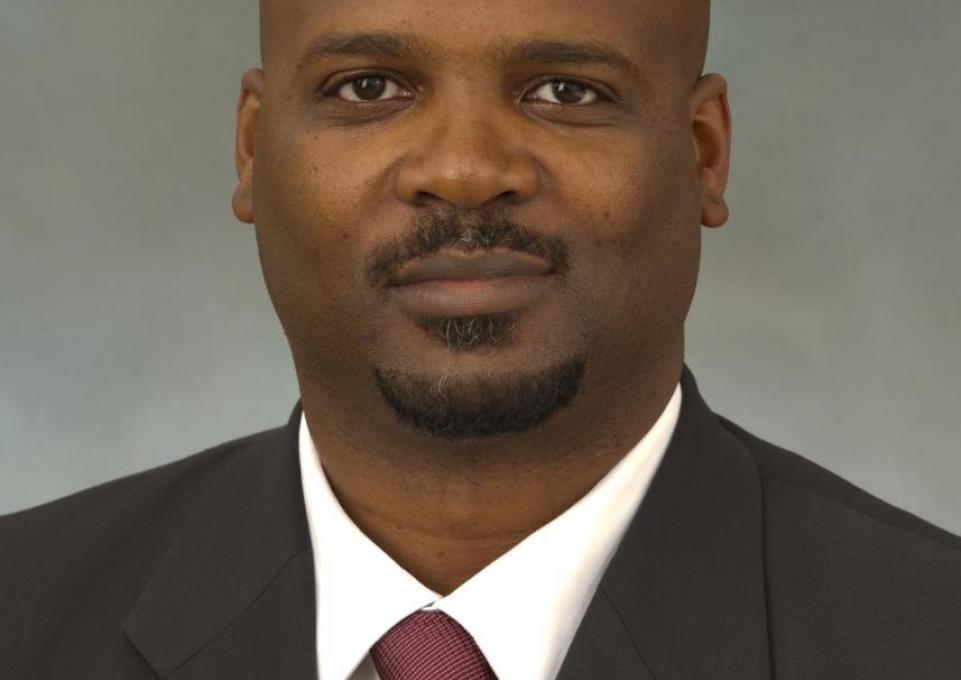
“What I learned in school is that my future is not in Buffalo.”
For Jevon Hunter, assistant professor of elementary education and reading, these words uttered by a senior graduating from a local urban high school became a way to explore a large and complex question: Does the current state of school-related learning in an urban, post-industrial, transitioning economic environment—in this case, Western New York—prepare students for their future personal and professional lives?
Hunter is a recipient of a 2014 Ford Foundation Postdoctoral Fellowship, a prestigious and highly competitive award given to just 24 scholars across the United States. The fellowship, which provides a stipend, supports nine to 12 months of full-time research at a host institution.
“I was very fortunate that Dr. Pedro Noguera at New York University agreed to serve as my mentor,” said Hunter. Noguera, an internationally renowned expert in urban education, is the executive director of NYU Steinhardt’s Metropolitan Center for Research on Equity and the Transformation of Schools.
Hunter is a native of Southern California who came to Buffalo in 2010. He said, “Since my arrival in Buffalo, I have regularly been invited to speak with area youth about a range of topics. Usually I begin my talks with our young people by asking them about their plans for the future. The idea of wanting to leave the area is a recurring theme I hear expressed by our youth. I didn’t hear that in L.A., where many of the high school students would say they wanted to stay in their communities and work to improve them. I’m concerned that Western New York in general and Buffalo in particular are losing their best and brightest students, and I want to understand how youth envision their future personal and professional lives, while using literacy as a conceptual lens.”
Despite the “Buffalo billion” and the surge in construction in Buffalo, the city’s young people don’t see job prospects for themselves, Hunter suggested. As part of his application for the Ford Foundation Postdoctoral Fellowship, Hunter wrote, “I intend to connect the range of everyday, school-based literacies exhibited by youth in Buffalo to the larger…context in which they live…”
That context, according to data cited by Hunter, includes low school graduation rates, a high percentage of children living in poverty, a legacy of school desegregation and re-segregation, population shifts, high unemployment, and documented racial segregation. Hunter’s research interests include multiple forms of literacy—school-based, home-based, and community-based— as well as the various media employed by youth, especially urban youth. For example, he worked with a local high school English language arts teacher to employ Twitter as a way to talk about an assigned novel.
The Ford Foundation Postdoctoral Fellowship program was established in the 1960s to promote diversity in the country’s college and university professorships. Successful candidates must demonstrate a commitment to using diversity for “enriching the education of all students.” The competition, which is administered by the National Research Council, also recognizes superior academic achievement, commitment to teaching and research at the college or university or level, and promise of future achievement as scholars and teachers.
“I’m very concerned about the future Buffalo,” said Hunter, “when those who are in the best position to articulate the city’s shortcomings don’t see a way to contribute to its transformation. After all, shouldn’t that be one of the purposes of a meaningful education?"
